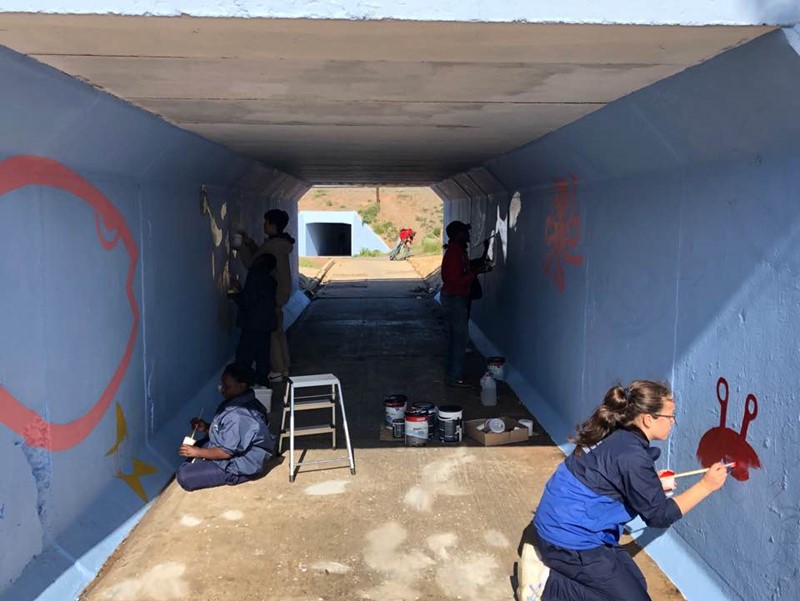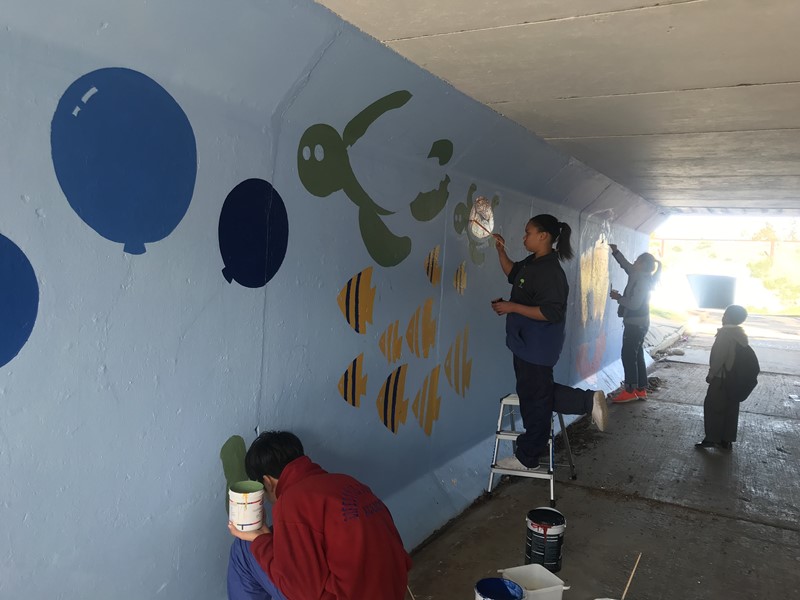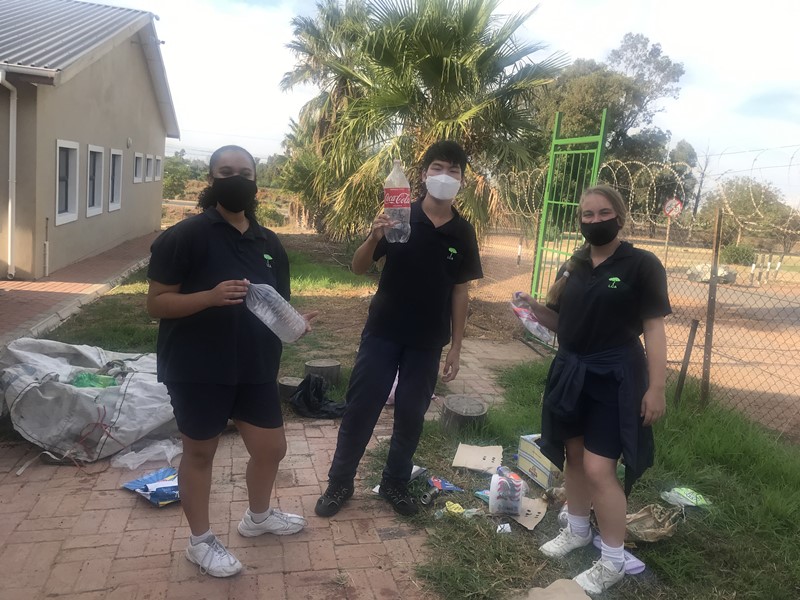PROJECT BASED LEARNING
PROJECT BASED LEARNING
What is PBL?
Project Based Learning (PBL) is a teaching method in which students learn by actively engaging in real-world and personally meaningful projects.
In Project Based Learning, teachers make learning come alive for students.
Students work on a project over an extended period of time ? from a week up to a semester ? that engages them in solving a real-world problem or answering a complex question. They demonstrate their knowledge and skills by creating a public product or presentation for a real audience. As a result, students develop deep content knowledge as well as critical thinking, collaboration, creativity, and communication skills by experience. Project Based Learning unleashes a contagious, creative energy among students and teachers.
1) JOYFUL CITY Project
Lifestyle Christian Academy starts recycling
With high hopes, Lifestyle Christian Academy started the Joyful City Project 2020-2021 summer. This project was sparked by Covid-19 hitting many homes, when incomes were lost and there was no food to provide for our families. The situation gave rise to vision. During the pandemic, LCA heard unfortunate news from family and friends, giving rise to key questions among students and project coordinator, You-Vin Kim, a current student at University College London, initiated the Joyful City Project.
There are two integral pillars to it. Firstly, to help students of LCA and their families in challenging by providing snacks, foods and necessities. Secondly, inspired by the Breede Valley Municipality, which started emphasizing recycling, LCA encourages students actively to recycle trash by bringing recyclables to school and are rewarded with credits. There are then used in Friday's tuck shop, where snacks and stationery can be bought.
The name Joyful City Project is derived from caring for the community and environment, believed by many to be the key to a joyful city. The past months have witnessed excitement among students about participating in recycling and being sensitised to lettering's consequences. The idea is for the project to expand, offering certain options for recycling, including ingredients such as flour, oil and cans.


